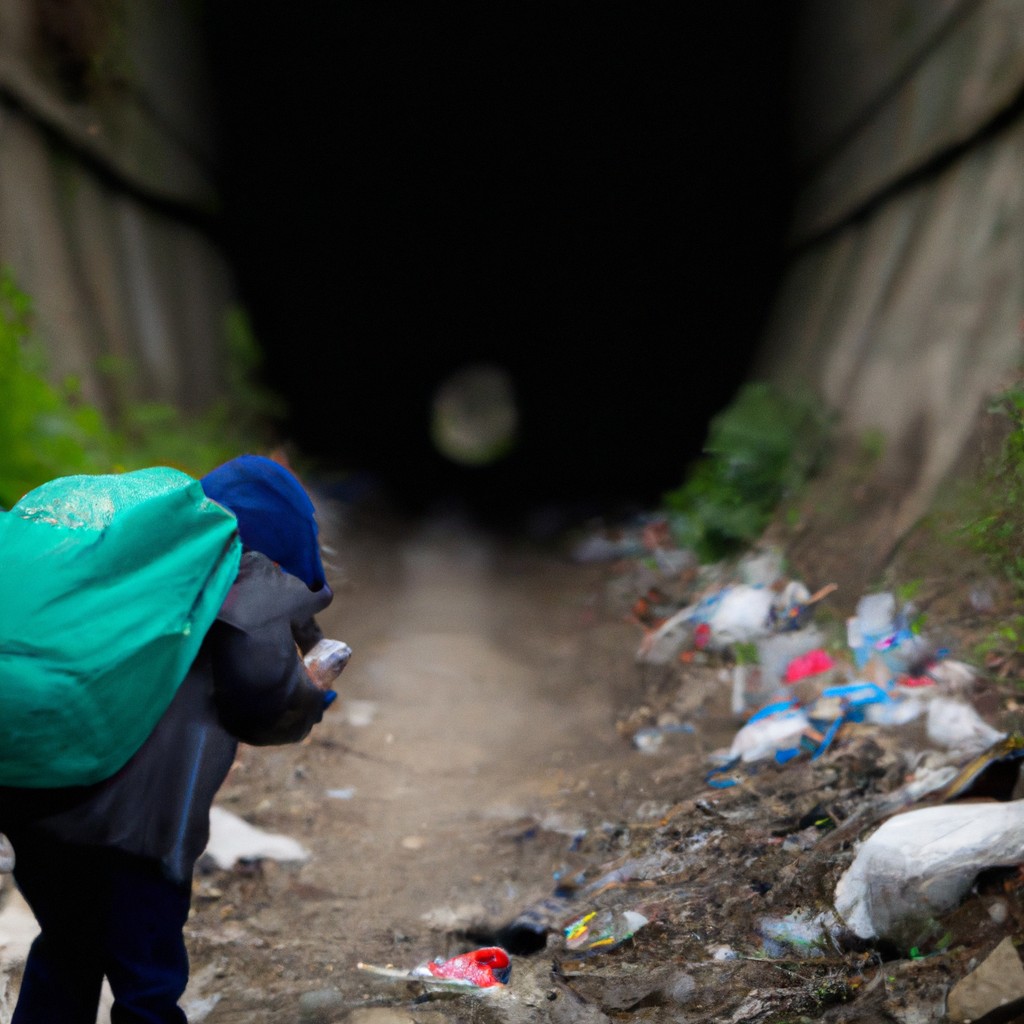Social welfare and safety nets

Social welfare programs such as food assistance, housing subsidies, and healthcare coverage offer essential support to vulnerable populations. These safety nets protect individuals facing hardship, promoting a more equitable society. Accessible social services ensure basic needs are met, fostering stability and a sense of security for those in need. By creating a safety net, communities can address systemic issues, empowering individuals to overcome challenges and thrive. Government-funded programs and community initiatives play a crucial role in addressing poverty and inequality, helping individuals build a foundation for a better quality of life. Through social welfare efforts, we can create a more caring and inclusive society.
Read more
Public safety

Public safety is of utmost importance, ensuring the well-being and security of individuals within society. It encompasses various aspects, from implementing effective law enforcement measures to enhancing emergency response systems. For instance, police officers patrol neighborhoods, safeguarding against criminal activities and providing a sense of security. Firefighters bravely battle dangerous blazes, rescuing those in need and preventing further devastation. Additionally, public safety initiatives promote education and awareness, equipping individuals with the knowledge to protect themselves and others. Community involvement is crucial, with vigilant citizens reporting suspicious activities and working closely with authorities. Collaborative efforts between law enforcement and the public create a cohesive force, fostering a safer environment for everyone.
Read more
Examples of successful social safety nets implementations

Successful social safety net implementations have led to significant improvements in the lives of vulnerable populations. One prime example is Brazil's Bolsa Família program, which provides cash transfers to low-income families, helping them afford essential needs like food and education. Another success story is Mexico's Oportunidades program, which targets the poorest communities and offers conditional cash transfers to encourage recipients to invest in education and healthcare. These initiatives have not only reduced poverty levels but also empowered individuals to break the cycle of intergenerational poverty. Furthermore, Rwanda's Vision Umurenge Program has successfully improved access to healthcare, education, and social protection services, leading to enhanced well-being across the country. These examples demonstrate the transformative power of well-designed and effectively implemented social safety nets.
Read more
Examples of social safety nets in different countries

Social safety nets are crucial in protecting vulnerable populations in different countries. In the United States, programs like Medicaid provide healthcare assistance to low-income individuals and families. Canada has a universal healthcare system, ensuring that all citizens have access to medical services. In Germany, unemployment insurance helps support individuals who have lost their jobs. Brazil's Bolsa Família is a cash transfer program aimed at reducing poverty and improving education and healthcare outcomes. Sweden offers generous parental leave benefits, allowing parents to care for their children without financial stress. These examples demonstrate the various ways countries prioritize the well-being of their citizens through social safety net programs.
Read more
Economic benefits of social safety nets

Social safety nets have proven to have significant economic benefits for societies. By providing financial assistance, such as unemployment benefits or cash transfers, these programs help individuals and families meet their basic needs during times of hardship. This prevents them from falling into poverty and, in turn, reduces the strain on public resources. Additionally, social safety nets contribute to economic stability by supporting consumer spending and maintaining demand for goods and services. Moreover, these programs can enhance productivity by enabling individuals to access crucial services, such as healthcare and education. Overall, social safety nets not only alleviate poverty but also foster economic growth and resilience in communities.
Read more
Different types of social safety nets

Social safety nets are vital for providing assistance to vulnerable individuals and communities. There are various types of social safety nets implemented worldwide. Cash transfers, such as unconditional cash transfers and conditional cash transfers, provide financial support to families, ensuring their basic needs are met. Public works programs offer employment opportunities for those who are unemployed, helping them earn income and gain skills. Social pensions are provided to older citizens who have retired and require financial support. In-kind transfers, like food assistance and housing subsidies, help individuals access essential goods and services. Social safety nets play a crucial role in addressing poverty, inequality, and vulnerability, improving societal well-being and fostering economic development.
Read more
Challenges and criticisms of social safety nets

Social safety nets face numerous challenges and criticisms that have sparked debates worldwide. One major concern revolves around the issue of dependency. Critics argue that these programs create a culture of reliance that discourages individuals from seeking employment or improving their skills. Another common criticism is the perceived inefficiency of social safety nets, with skeptics questioning the effectiveness of such systems in alleviating poverty and inequality. Additionally, there are concerns about the high costs associated with implementing and maintaining these programs, as they often involve substantial government expenditure. Critics argue that these funds could be better allocated to other areas such as education or healthcare. Lastly, some argue that social safety nets can inadvertently create disincentives and may lead to unintended consequences, such as discouraging private savings or stifling economic growth. Despite these challenges, proponents argue that social safety nets are vital in providing a safety net for the most vulnerable members of society, protecting them from poverty and ensuring a more equitable society.
Read more
Role of social safety nets in society

Social safety nets play a vital role in society by providing support and assistance to vulnerable individuals and families. These programs help ensure that basic needs, such as food, housing, and healthcare, are met for those facing economic hardships. By establishing a safety net, societies can alleviate poverty and reduce inequality, fostering a more equitable and just society. Social safety nets also contribute to social stability and cohesion by preventing individuals from falling into extreme poverty or being left without access to essential services. Furthermore, these programs can provide a sense of security and hope, allowing individuals to rebuild their lives and contribute to the community.
Read more
Purpose of social safety nets

Social safety nets serve the vital purpose of protecting vulnerable individuals and families from falling into poverty or experiencing severe economic hardships. These programs aim to provide assistance and support to those facing unemployment, disability, old age, or other challenging circumstances. By offering financial aid, healthcare access, and social services, social safety nets help ensure basic needs are met and promote social equality. They contribute to reducing inequality, alleviating suffering, and fostering social well-being within communities. These safety nets serve as a crucial safety net, preventing families from sinking further into poverty and enabling them to regain stability and pursue a better future.
Read more
Importance of social safety nets

Social safety nets play a vital role in maintaining a functioning society. These systems provide a safety net for vulnerable individuals and families, ensuring their basic needs are met. They offer financial support, healthcare, and assistance during times of crisis, such as unemployment or illness. Social safety nets help alleviate poverty, reducing inequality and promoting social cohesion. By offering a lifeline to those in need, they foster a sense of security and stability. Furthermore, these safety nets have a ripple effect on the economy, stimulating consumption and fostering productivity. Overall, social safety nets are essential for a compassionate and resilient society.
Read more












